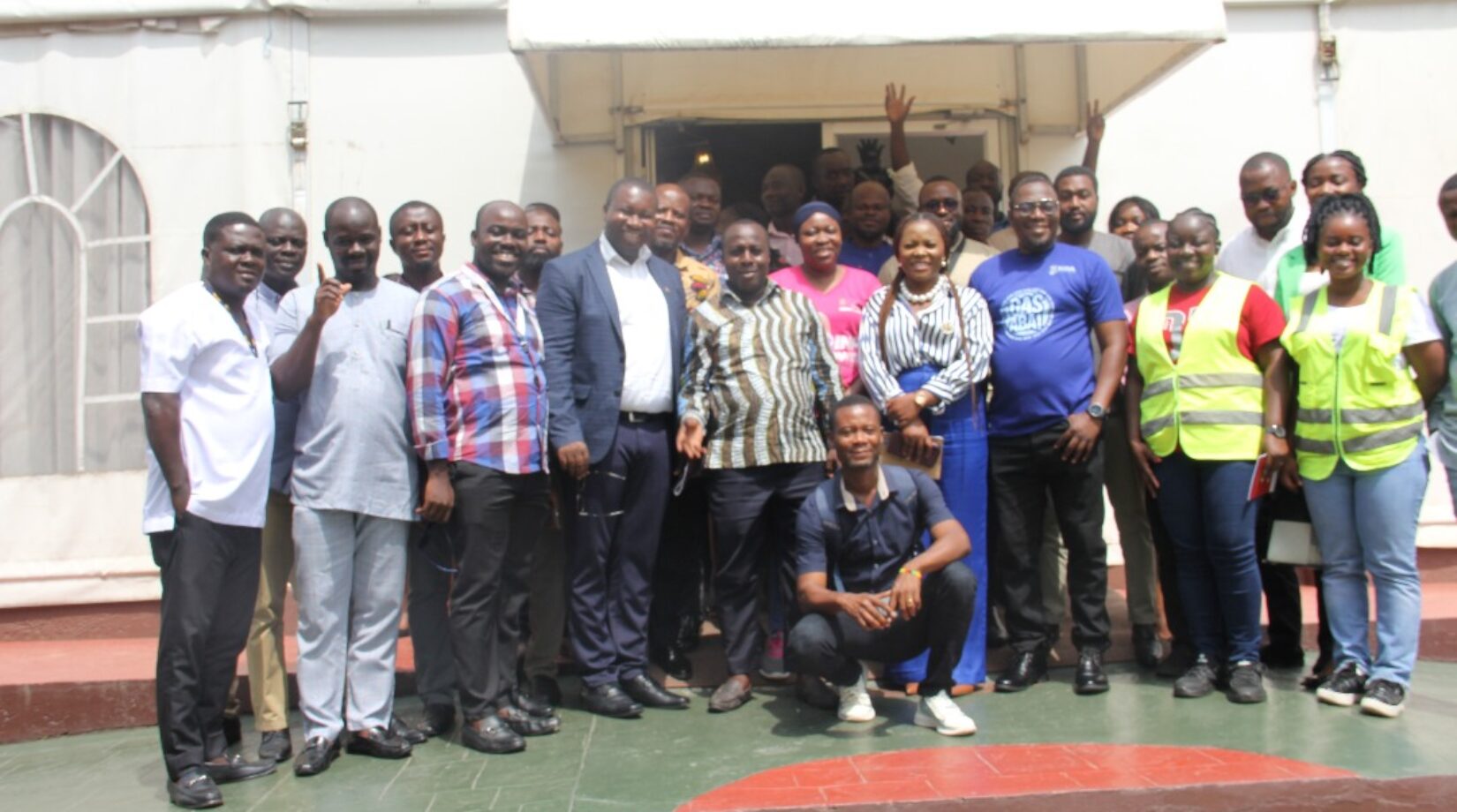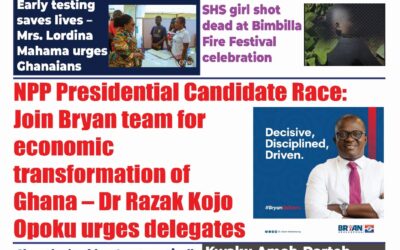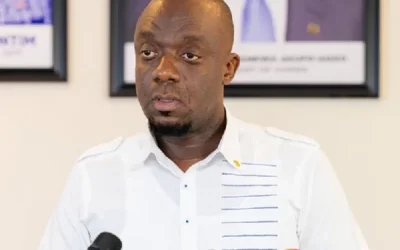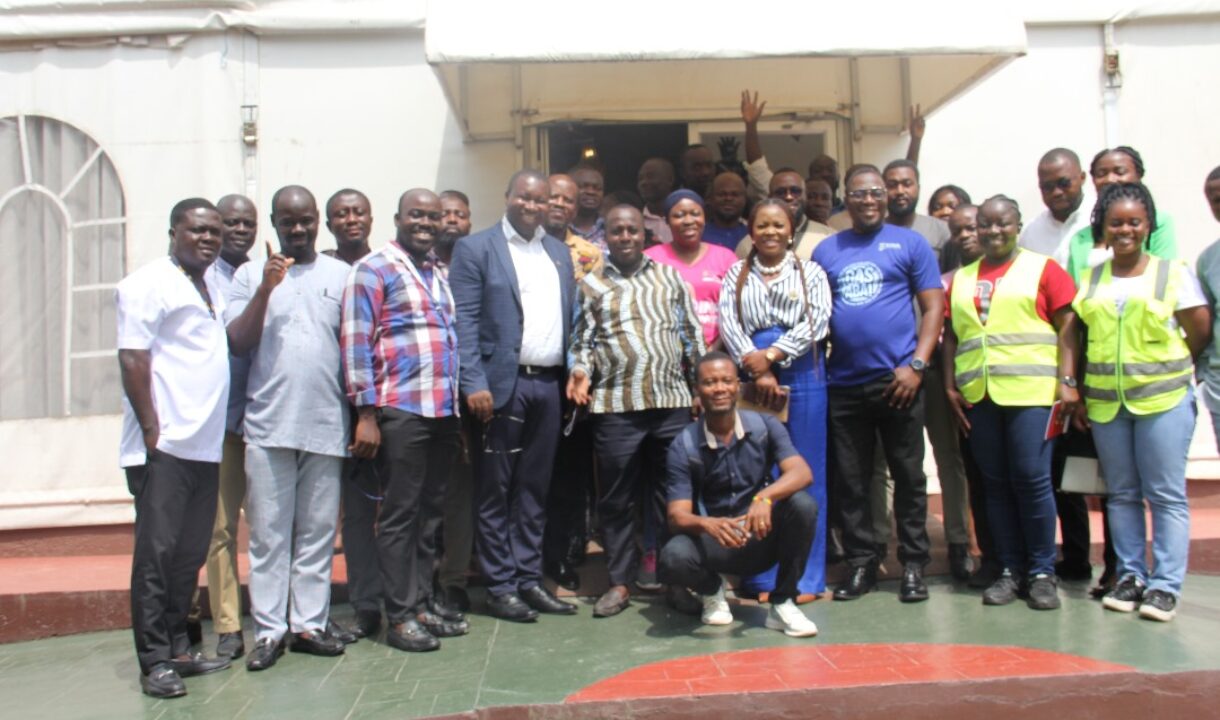The National Petroleum Authority (NPA) has intensified its stakeholders’ engagement with a one-day media sensitisation workshop held in Kumasi at Golden Bean Hotel on Monday, 6th November 2023.
The engagement was to arm the media with enough information about their operations and a new prosecutorial power to enable the media to support NPA in its awareness creation.
According to the Head of Legal Department, Farida Ali -Musah, NPA was established pursuant to the NPA Act, 2005 (Act 691), with the statutory mandate to regulate, monitor and oversee the petroleum downstream industry.
She said following the passage of this piece of legislation, NPA is yet to operationalise the E.I.378, although by its nature it is taking an immediate effect.

Farida Ali- Musah announced that the Authority was going to prosecute matters on its own. “We won’t have mercy on the cripple. Let’s help create the necessary awareness to all Ghanaians ahead of next February when the prosecution is expected to start. That’s the more reason why NPA has decided to first engage you (media) out of the media stakeholders to be engaged so as to create awareness” she added.

The head of NPA legal department mentioned some offences they would prosecute offenders for, such as engagement in the activities in the downstream industry without a licence (section 11), misappropriation of prescribed petroleum pricing formula (section:58), false statements, including obstruction of officers and employees of the Authority.
She explained further that Regulation 20 of LI:2251(NPA(BRV) Tracking & Volume Monitoring) regulation,2016, Regulation:12 of LI:2187 (Petroleum Product Marking) regulation, 2022) all spelled out their action.
“We’re not going to use human face in the prosecution. Even though the law says ignorance of the law is not an excuse, the leadership of NPA has decided to embark on necessary awareness creation before the prosecution officially starts,” she added.

On his part, the Head of Planning at NPA, Mr. Dominic Aboagye, said there are two sources of supply of petroleum products that are imported – local source (20%) and the majority of the supply (80%).
He disclosed some of the risks to petroleum products supply which include geopolitics/conflicts (e g. Russian-Ukraine war), climate action policies, forex liquidity risk as well as inclement weather.
According to him, to ensure security of supply, NPA is embarking on rigorous monitoring of the laycum programmes, creation of forex auctions by the Bank of Ghana, introduction of Gold for Oil (G40), special international oil trading licence and enforcement of exclusion zone of offshore discharge.
Earlier, the Ashanti Regional Manager of NPA, Betty Adwoa Ofori, revealed that her outfit had so far identified 80 table-top sellers of fuel in the region.
She said common violations identified in the Ashanti Region were non-adherence to outlet ethics and warnings, not switching off engine and mobile phones before refuelling, shaking car to accommodate more fuel, poor communication among stakeholders, unqualified pump attendants, among others.
On challenges faced in the region, Betty Adwoa Ofori highlighted inadequate training for pump attendants, poor communication among stakeholders, consumers who doubt pump delivery, etc.
The common violations identified in the Ashanti Region according to the NPA regional manager included diversion of smuggling fuel mostly via bulk road vehicles (BRVs), non-adherence to outlet ethics and warnings and third party operators (table-top fuel dealers).Source:Isaac Amoah















